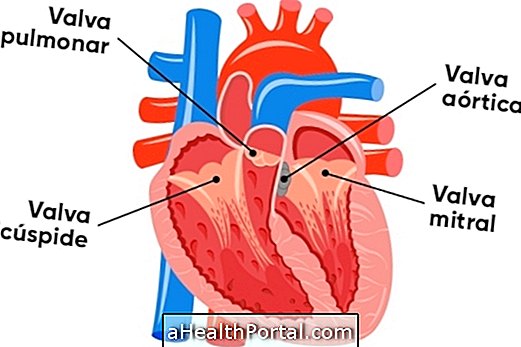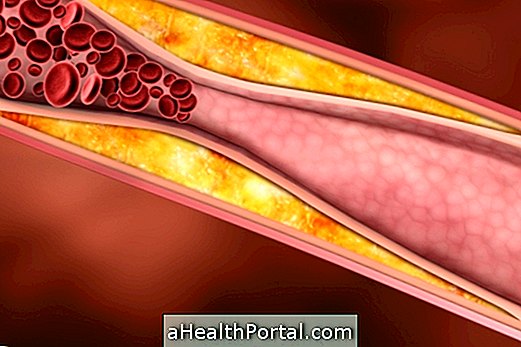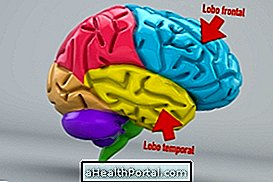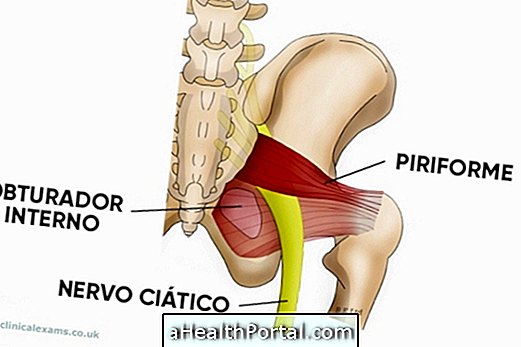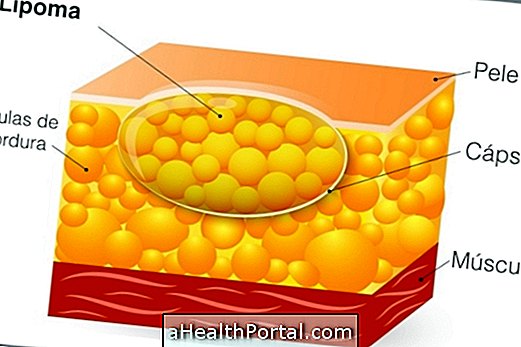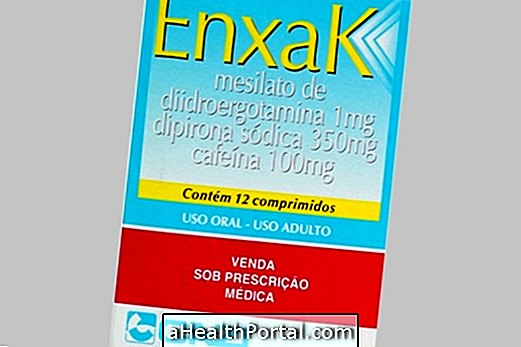Medications for heart failure help the heart to pump more blood and must be prescribed by the cardiologist. Some examples are:
- ACE inhibitor medicines such as Captopril, Enalapril, Ramipril, Benazepril or Lisinopril: dilate blood vessels, decrease pressure and facilitate heart work;
- Diuretic medicines such as Furosemide, Hydrochlorothiazide or Indapamide help the kidneys eliminate excess water by reducing excess blood in the heart and preventing swelling of the body;
- Potassium-sparing diuretic medicines such as Spironolactone: eliminate excess water but maintain Potassium levels to strengthen the heart muscle;
- Cardiotonic remedies, such as Digoxin: help increase the strength of heart contractions and stabilize irregular heartbeats;
- Beta blockers, such as Metoprolol, Bisoprolol or Carvedilol: decrease the strain on the heart, allowing heart rate to decrease and heart muscle strength.
The remedies used to treat heart failure can cause side effects such as dizziness, cough, nausea, tiredness and decreased blood pressure.
Generally, heart failure remedies should be taken throughout life or until otherwise indicated by the cardiologist.
To complement the remedies for heart failure, patients should eat a balanced diet, exercise regularly and avoid drinking or smoking. Check out the benefits of physical activity to improve heart failure.
Watch the following video to learn how feeding can be useful to control symptoms by decreasing heart effort with nutritionist Tatiana Zanin:

Here's how treatment should be done:
- Home remedy for heart failure
- Treatment for heart failure

